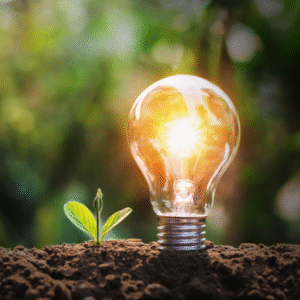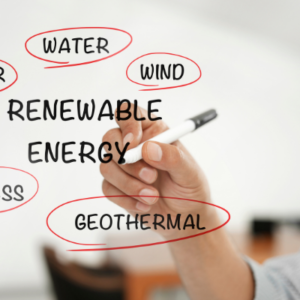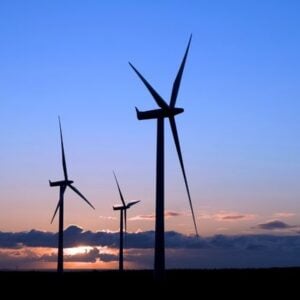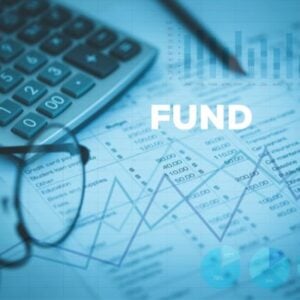Strong economic growth in the East Asia and Pacific region has been accompanied by increasing fossil fuel consumption and rising greenhouse gas emissions, with the region now responsible for over a third of global emissions. To sustain growth, reduce poverty, and meet nationally determined climate commitments, decarbonizing the power sector is essential.
The World Bank is supporting countries in the region to accelerate this transition through a focus on renewable energy. The initiative uses the Multiphase Programmatic Approach (MPA), a regional model designed to scale up clean energy more effectively than individual country operations. By fostering momentum, encouraging ambitious targets, building partnerships, and promoting economies of scale, the MPA allows countries to pursue tailored activities while contributing to a coordinated regional effort. Launched on September 24, 2024, the program provides US$2.5 billion in IDA and IBRD financing to develop policies, strengthen institutions, finance national and regional transmission infrastructure for renewable integration, and de-risk investments to attract private sector participation. The program is structured to remain flexible over a ten-year horizon, until 2034, allowing additional projects to be incorporated as they are ready.
By 2034, the program is expected to significantly impact both people and the planet. It aims to provide new or improved clean energy access to 20 million people, enable 2.5 gigawatts of renewable energy generation capacity, reduce carbon dioxide emissions by 60 million tons, and mobilize US$1.5 billion in private sector investment. These outcomes align with the World Bank Group’s corporate priorities of supporting resilient populations, sustainable energy access, and green investment.
The MPA emphasizes regional collaboration and private capital mobilization, leveraging lessons across countries to streamline operations, create economies of scale, and reduce the cost of clean energy. By coordinating IBRD and IDA financing with IFC and MIGA instruments, the approach enhances regional cooperation and maximizes the engagement of private sector resources, creating a scalable pathway for a sustainable energy transition in East Asia and the Pacific.






